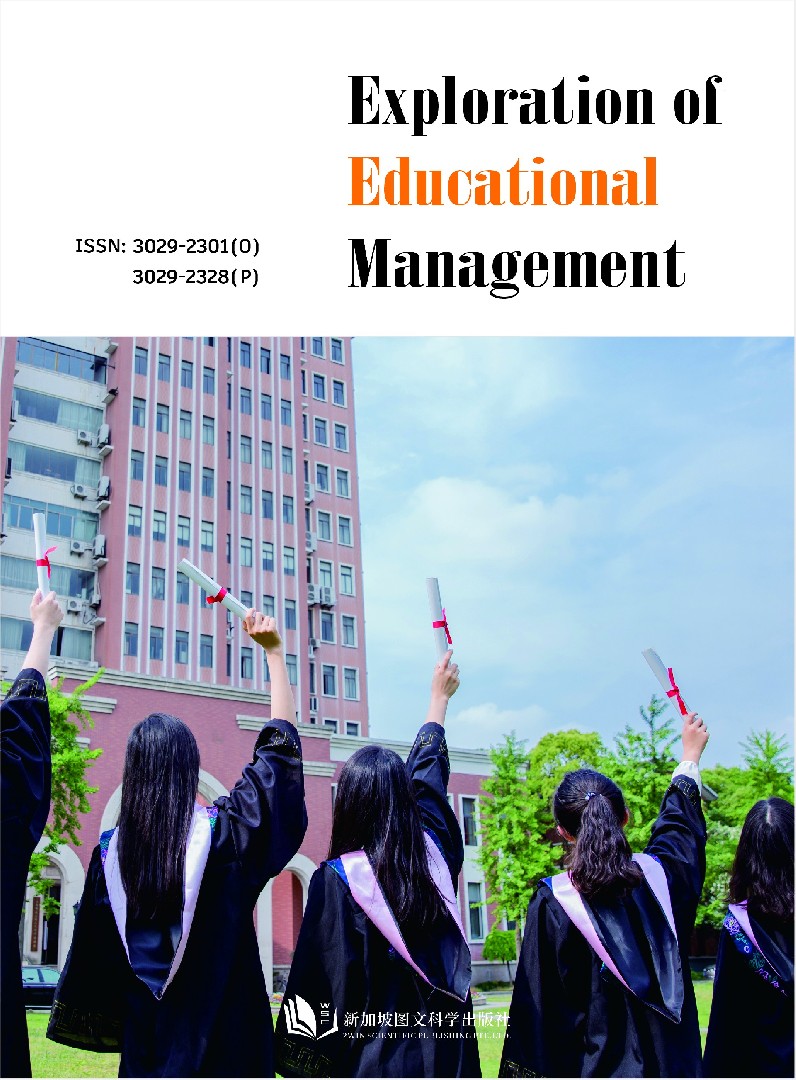作者
Jingqun Luan
文章摘要
Drama education is regarded as an effective tool for fostering critical thinking skills in students. Through role-playing and situational simulations, students are required to understand issues from multiple perspectives, analyze, and evaluate complex situations. This not only enhances their language and logical thinking abilities but also strengthens their social interaction and teamwork skills. The interactivity and inclusiveness of drama education allow students to express themselves freely in a stress-free environment, promoting open-minded thinking and critical reflection. The adaptability and sustainability of drama education enable it to be integrated across curricular teachings and combined with various educational technologies and multimedia tools. This effectively improves students’ reassessment of social values and self-awareness, thereby deepening their critical thinking capabilities.
文章关键词
drama education, critical thinking, interactivity and inclusiveness, educational adaptability, self-awareness
参考文献
[1] Luo Zhimin. “Growth Code” of Drama Education [J]. Teacher’s Way: Humanities, 2022(9):30-31.
[2] Shao Chaoyang. Speculation and Judgment: Teaching British and American Literature and Cultivating Critical Thinking Skills [J]. Journal of Chengdu Normal College, 2013, 29(4):5.
[3] Liu Zhixin. Critical Thinking in Contemporary European “Post-Immigrant” Drama Creation [J]. Drama Art, 2020(2):10.
Full Text:
DOI
